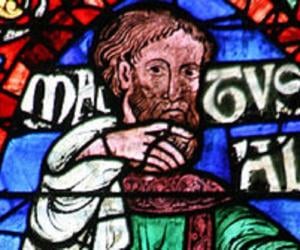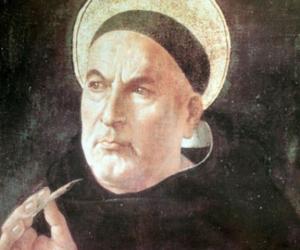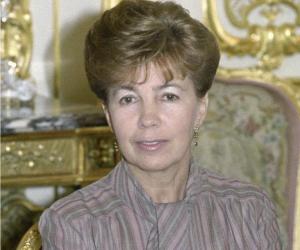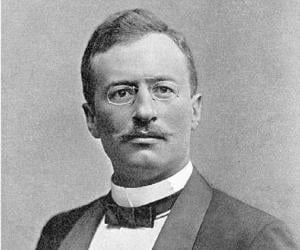Born In: Ancient Near East
Methuselah
Methuselah is a biblical character who is believed to be the oldest-living figure ever mentioned in the Bible. Methuselah is mentioned in the Book of Genesis, 1 Chronicles 1:1-4, and Luke 3:37. Methuselah was Enoch’s son, Lamech’s father, and Noah’s grandfather. He remained alive till Noah built the ark to escape the Flood. Methuselah was said to be 969 years old when he died (according to Genesis 5:27). Apart from the Bible, he is also mentioned in various other religious texts, such as the Book of Enoch and Slavonic Enoch. Methuselah also finds a prominent place in Islamic and Jewish religious writings. Over the years, Methuselah has become synonymous with longevity. A tree in eastern California that is over 4,800 years old is known as the “Methuselah Tree.” Similarly, the phrase “as old as Methuselah" is used to refer to very old people.
Born In: Ancient Near East









